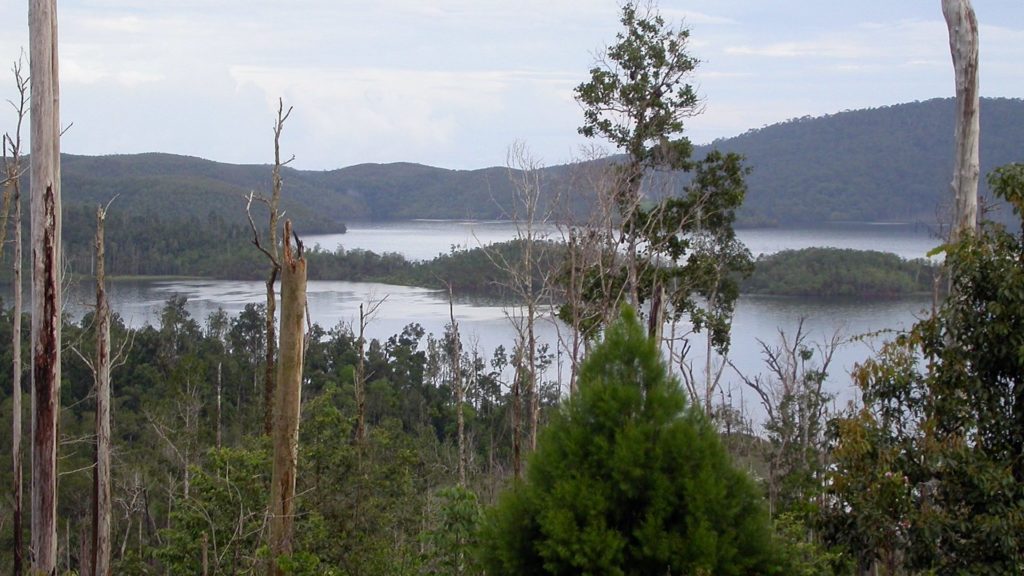|
Getting your Trinity Audio player ready...
|
Obi Island, known for its spices and fishing villages, lies between the Indonesian mainland and Papua New Guinea in the Maluku Sea. In 2010, the Harita Group opened a massive nickel mining and processing operation on land surrounding the village of Kawesi on the island’s west coast. The facility has become central to the electric vehicle industry: Harita sells its nickel to companies that make batteries for Mercedes-Benz, Tesla, BMW, and Toyota.
Widespread Pollution
The Harita Group opened a massive nickel mining and processing operation on Obi Island in 2010, resulting in widespread land and water pollution. The nickel is processed using High-Pressure Acid Leaching, which requires a significant amount of energy and generates substantial waste. For each ton of nickel, HPAL produces 120 tons of waste, known as tailings. Each year, more than 65,000 tons of nickel for EV batteries are refined on Obi Island, producing nearly 7.5 million tons of waste.
Research by the Gecko Project found evidence that seepage from a Harita tailings storage facility had led to groundwater contamination from chromium-6, a toxic chemical known to cause cancer, ulcers, and liver and kidney damage. According to The Guardian, leaked documents indicate that Harita, which owns the nickel processing facility on the island, did not reveal evidence of water contamination. Harita has denied the allegations. However, company records indicate that executives were aware that the mine was the source of the pollutant. They chose to continue operations and did not disclose the results of internal testing.
The Maluku Sea is home to some of the world’s most highly concentrated—and highly endangered—coral reefs. Regional NGO WALHI North Maluku reports high concentrations of heavy metals along the island’s coast and in fish, which is a primary food source for residents. Studies have shown that the presence of increased nickel ore in the ocean can damage coral within just four days.

Lost Homes
Residents of Kawasi were involuntarily displaced from their ancestral homeland to make way for a new nickel processing plant in 2019. Many refused to leave, claiming they were not offered fair compensation for their land. Residents have since reported to Earthworks that they have faced intimidation from security forces. Flooding exacerbated by deforestation and mining operations is increasing. Following heavy rains in June 2025, the sediment ponds designed to control polluted water from mining operations breached, flooding homes in Kawasi Village. Water and mud, likely contaminated with chromium-6 and other chemicals, have flooded fields, flowing into the river and turning the sea red.
“They took our rights. This is the land of our ancestors, the land of our customs and culture.”
Jemy Karteang, Kawasi resident
